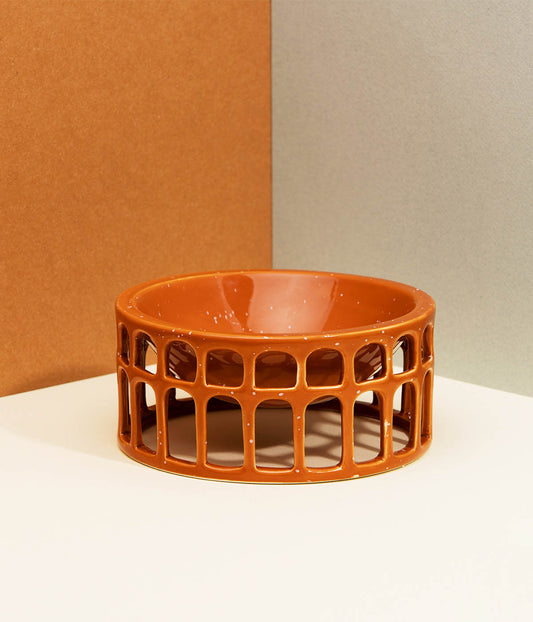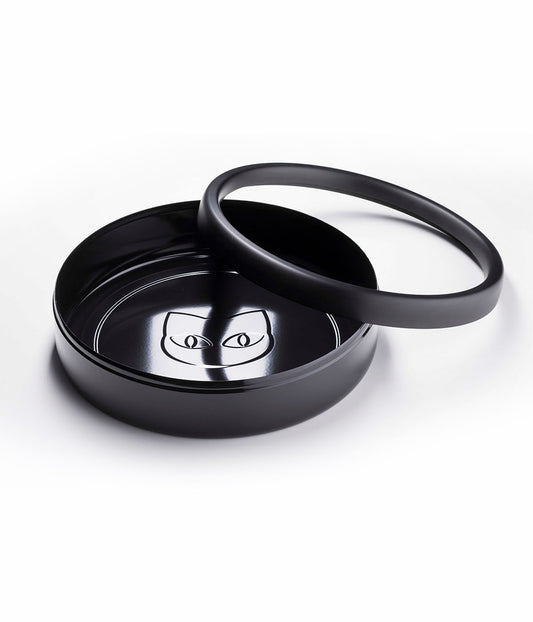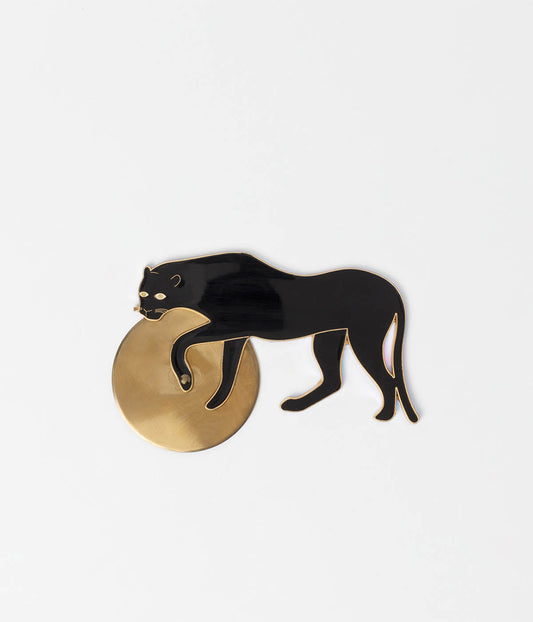
Can dogs eat sweets?
Marie DuchessAs a dog owner, you may have wondered whether it's safe to share your favorite sweet treats with your furry friend. After all, who can resist those pleading puppy eyes when you're enjoying a delicious dessert? However, it's important to remember that not all human foods are safe for dogs to consume, and sweets are no exception. Let's explore why dogs should steer clear of sugary delights and what alternatives you can offer them instead.
Why are sweets bad for dogs?
While dogs may have a sweet tooth just like us, their bodies are not designed to handle sugary foods in the same way. Consuming sweets can lead to a range of health issues for our canine companions, including:
- Obesity: Sweets are often high in calories and can contribute to weight gain in dogs, just like in humans.
- Dental problems: Sugary treats can cause tooth decay and gum disease in dogs, leading to pain and discomfort.
- Pancreatitis: Certain sweets, such as those containing chocolate or artificial sweeteners like xylitol, can be toxic to dogs and may cause pancreatitis, a serious inflammation of the pancreas.
- Diabetes: Regular consumption of sugary foods can increase the risk of diabetes in dogs, just as it does in humans.
Examples of sweets that are bad or toxic for dogs
It's important to be aware of the specific sweets that can be harmful or toxic to dogs. Here are a few examples:
- Chocolate: Chocolate contains theobromine, a compound that is toxic to dogs and can cause symptoms like vomiting, diarrhea, rapid breathing, and even seizures.
- Xylitol: This artificial sweetener is commonly found in sugar-free candies, gum, and baked goods. Xylitol can cause a sudden release of insulin in dogs, leading to a dangerous drop in blood sugar levels.
- Grapes and raisins: While not sweets in the traditional sense, grapes and raisins can be highly toxic to dogs and can cause kidney failure.
- Macadamia nuts: These nuts can cause weakness, tremors, and hyperthermia in dogs.
What can dogs eat instead of sweets?
Fortunately, there are plenty of dog-friendly alternatives that you can offer your furry friend to satisfy their cravings without compromising their health. Here are a few ideas:
- Fruits: Many fruits are safe and healthy for dogs, such as apples (without the seeds), bananas, and watermelon (without the seeds and rind).
- Vegetables: Carrots, green beans, and sweet potatoes make excellent low-calorie treats for dogs.
- Peanut butter: Look for peanut butter that does not contain xylitol and offer it to your dog in moderation as a special treat.
- Homemade dog treats: There are countless recipes available online for homemade dog treats using dog-friendly ingredients like pumpkin, oats, and peanut butter.
Remember, it's always best to consult with your veterinarian before introducing any new foods into your dog's diet, especially if they have any underlying health conditions or dietary restrictions. By making informed choices and offering your dog safe alternatives, you can ensure their well-being and still enjoy the occasional sweet treat yourself.













